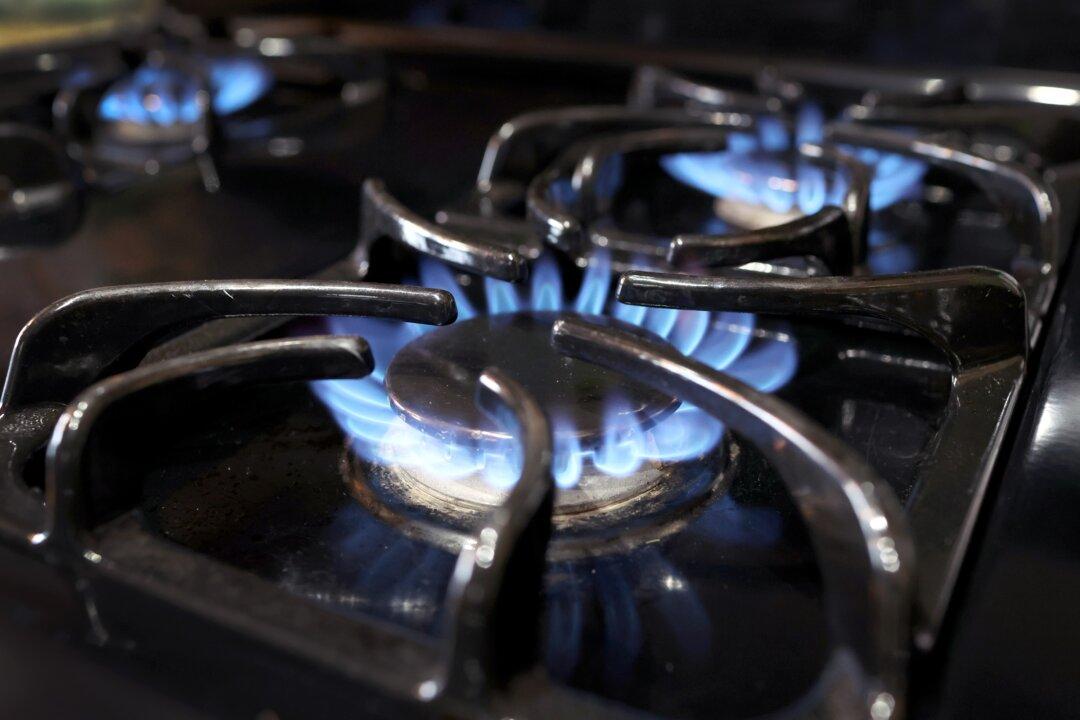Southern states face a winter gas shortage and will rely on excess supply from Queensland.
Considerable storage and transport capacity is needed to shift the gas south, according to an interim report by the Australian Competition and Consumer Commission.





